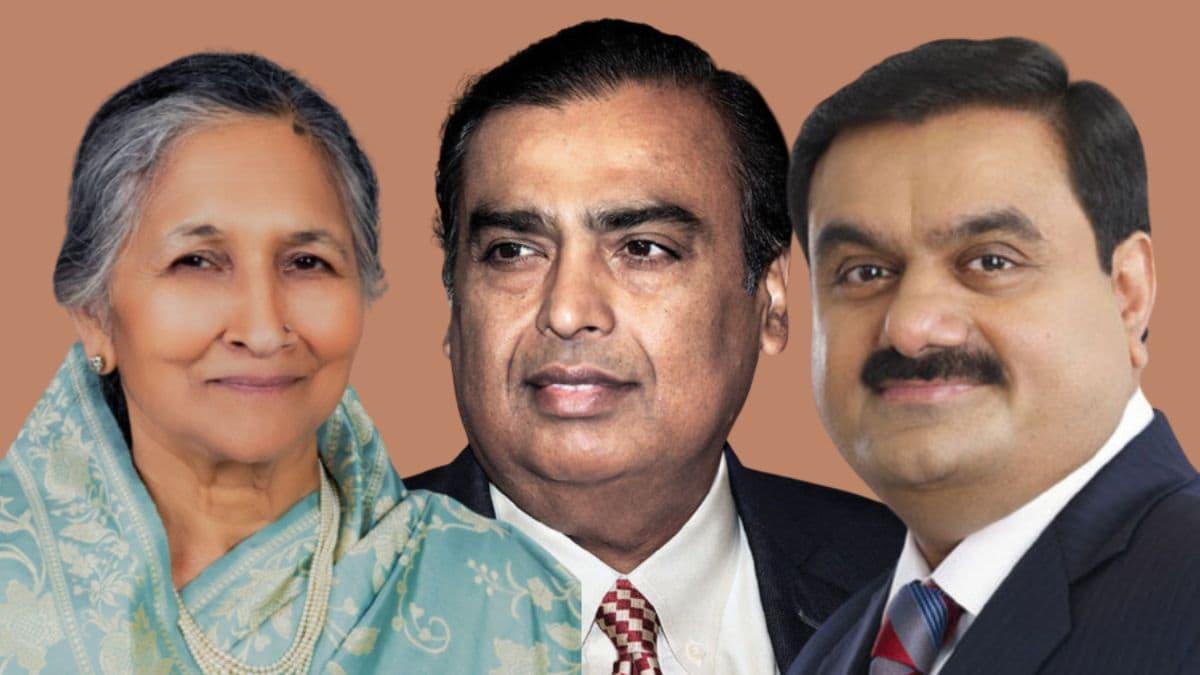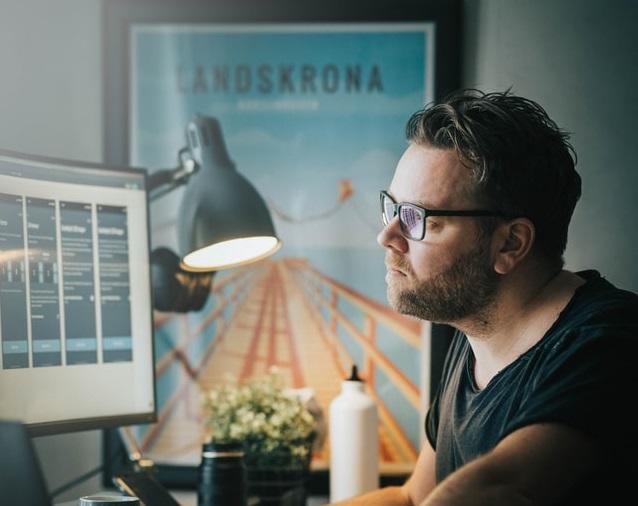India's economy is diversified and developing. Indian billionaires are crucial to global economies. Some Indian millionaires work in commodities, technology, infrastructure, health, and metal mining. Indian billionaires make big riches and boost the economy.
Mumbai has 56 billionaires, the most in India. Delhi trails with 37, Bengaluru with 17. Ahmedabad, Chennai, and Hyderabad have 8 billionaires. Pune has 7 and Kolkata 3. Nagpur, Aurangabad, Baroda, Cochin, Gurgaon, Haridwar, Hisar, Jaipur Kochi Ludhiana Surat, and Vadodara each have one billionaire. This distribution of billionaires in India illustrates economic concentration in large cities.
An entrepreneur from India, Gautam Adani is the man behind the Adani Group and its chairmanship. A tiny trading concern was his first foray into business. The Adani group owes a great deal to Adani's foresight, strategy, and capacity to capitalize on economic possibilities for its current success.
He ranks 2nd among India's wealthiest citizens. The Adani Group grew under his leadership to become a major player in India's infrastructure and logistics markets. It oversees a wide range of activities, including port construction and operation, logistics, electricity generation and transmission, and the creation of renewable energy.
One of the most prominent names in information technology, Shiv Nadar co-founded HCl Technologies. The College of Engineering in Pune, run by the Walchand Group, was where Shiv Nadar got his start in the industry. Hindustan Computers Limited (HCL), initially a hardware company, was formed by him in 1976. While he was in charge, HCl grew into India's biggest IT firm. When India became an IT superpower, his company was a major player.
The wealthiest individual in Asia is Mukesh Ambani. He has a hand in many industries, including petrochemicals, oil and gas exploration, telecom, retail, and more, as the chairman and biggest shareholder of Reliance Industries Limited (RIL).
Reliance, a major player in the global petrochemical market, grew under his leadership. Many things, including how the stock market does and what happens in his company, can cause his net worth to rise and fall.
India's Top Richest Individuals
Mukesh Ambani - $113.9B: Mukesh Ambani is the chairman and largest shareholder of Reliance Industries, a conglomerate with interests in petrochemicals, telecommunications, and retail.
Gautam Adani - $80.2B: Gautam Adani is the founder and chairman of the Adani Group, a multinational conglomerate involved in port development, energy, and agribusiness.
Shiv Nadar - $36.9B: Shiv Nadar is the founder of HCL Technologies, a leading global IT services company, and is known for his contributions to education and philanthropy.
Savitri Jindal & family - $32.4B: Savitri Jindal is the chairperson of Jindal Steel and Power, and her family's wealth comes from their diversified business interests in steel, power, and infrastructure.
Dilip Shanghvi - $26.0B: Dilip Shanghvi is the founder and managing director of Sun Pharmaceuticals, one of the largest pharmaceutical companies in India.
Cyrus Poonawalla - $21.5B: Cyrus Poonawalla is the founder of the Serum Institute of India, the world's largest vaccine manufacturer by doses produced.
Kumar Birla - $19.3B: Kumar Birla is the chairman of the Aditya Birla Group, a conglomerate with interests in metals, cement, textiles, and telecommunications.
Kushal Pal Singh - $19.0B: Kushal Pal Singh is the chairman of DLF Limited, one of the largest real estate developers in India.
Radhakishan Damani - $17.9B: Radhakishan Damani is the founder of DMart, a chain of hypermarkets in India, and is known for his investment strategies.
Lakshmi Mittal - $16.6B: Lakshmi Mittal is the chairman and CEO of ArcelorMittal, the world's largest steelmaking company, with operations in more than 60 countries.
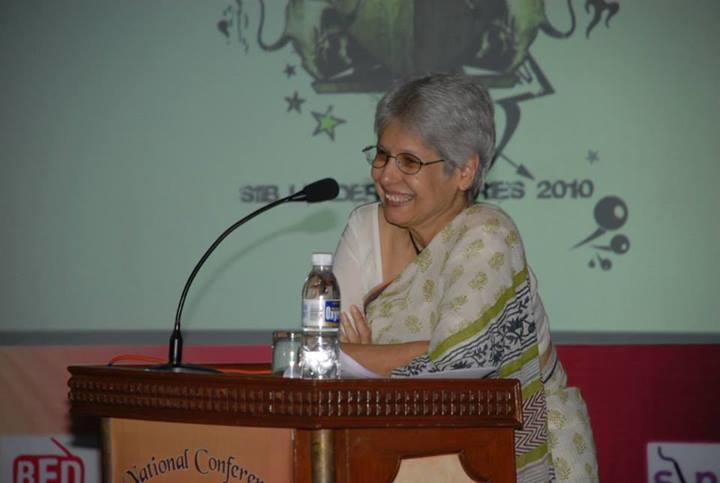

Richest Indian Women
Amazing women business owners from India have shattered obstacles, become financially independent, and found success in many different fields. Among industries as varied as biotechnology, e-commerce, fashion, and education, these prominent Indian women entrepreneurs have demonstrated extraordinary tenacity, innovation, and commitment to their goals.
Savitri Jindal
Among Indian women, Savitri Jindal is the wealthiest business owner. After her husband, O.P. Jindal, passed away in 2005, she took over as heir apparent and is currently the OP Jindal Group's chairperson emeritus. As the only female billionaire in India in 2024, Jindal stands out among the country's top ten richest people. Jindal branched out from his business background into politics in 2005 when he was elected to the Haryana Vidhan Sabha from Hisar. After being re-elected in 2009, she was appointed to the Haryana government's cabinet in 2013.
As of 2024, Savitri Jindal is distinguished as the only female billionaire in India, a remarkable achievement that highlights her exceptional business acumen and resilience in a predominantly male-dominated industry. Her wealth places her among the top ten richest individuals in the country, showcasing her success and the impact of her leadership on the Jindal Group's growth.
In addition to her business endeavors, Jindal has also made significant strides in politics. In 2005, she transitioned from her business background into the political sphere when she was elected to the Haryana Vidhan Sabha, representing the Hisar constituency. Her political career continued to flourish as she was re-elected in 2009, demonstrating her popularity and the trust placed in her by the electorate.
In 2013, she was appointed to the Haryana government's cabinet, where she has been involved in various initiatives aimed at improving the state's governance and development.
Savitri Jindal's journey from a business owner to a prominent political figure exemplifies her versatility and commitment to serving her community, making her a role model for many aspiring entrepreneurs and leaders in India.
Rohiqa Cyrus Mistry
Rohiqa Cyrus Mistry is from a distinguished line of people. The late Cyrus Mistry, a former chairman of the Tata Group, was her husband. A well-known lawyer, Iqbal Chagla, was her father. The late building magnate Pallonji Mistry was Rohiqa's father-in-law.
Rohiqa Mistry became one of the wealthiest women in India after inheriting shares from her late husband. Her most significant asset is her 18.4% share in Tata Sons. The woman has raised two children. Mistry is the latest addition to the list of Indian women who became billionaires in 2024.
Rekha Jhunjhunwala
Rekha Jhunjhunwala steals the show instead of her spouse Rakesh. After receiving Rakesh Jhunjhunwala's stock portfolio upon his death in 2022, she rose to the status of one of India's wealthiest ladies. She has invested in 29 different firms, including Crisil, Titan, and Tata Motors.
Leena Gandhi Tewari
In her role as chairperson, Leena Gandhi Tewari oversees USV, a global pharmaceutical and biotech company. The business was co-founded in 1961 by her father, Vithal Gandhi, and Revlon. Diabetes and heart disease medications are USV's strong suits. Injectables, APIs, and biosimilar pharmaceuticals are all part of its extensive product offering.
Vinod Rai Gupta
Vinod and Anil Rai Gupta's son Anil Rai heads Havells India, a market leader in electrical equipment in India. Qimat Rai Gupta, who was married to Vinod and founded the company, passed away recently. Havells is present in more than 50 countries and operates 14 product manufacturing facilities.
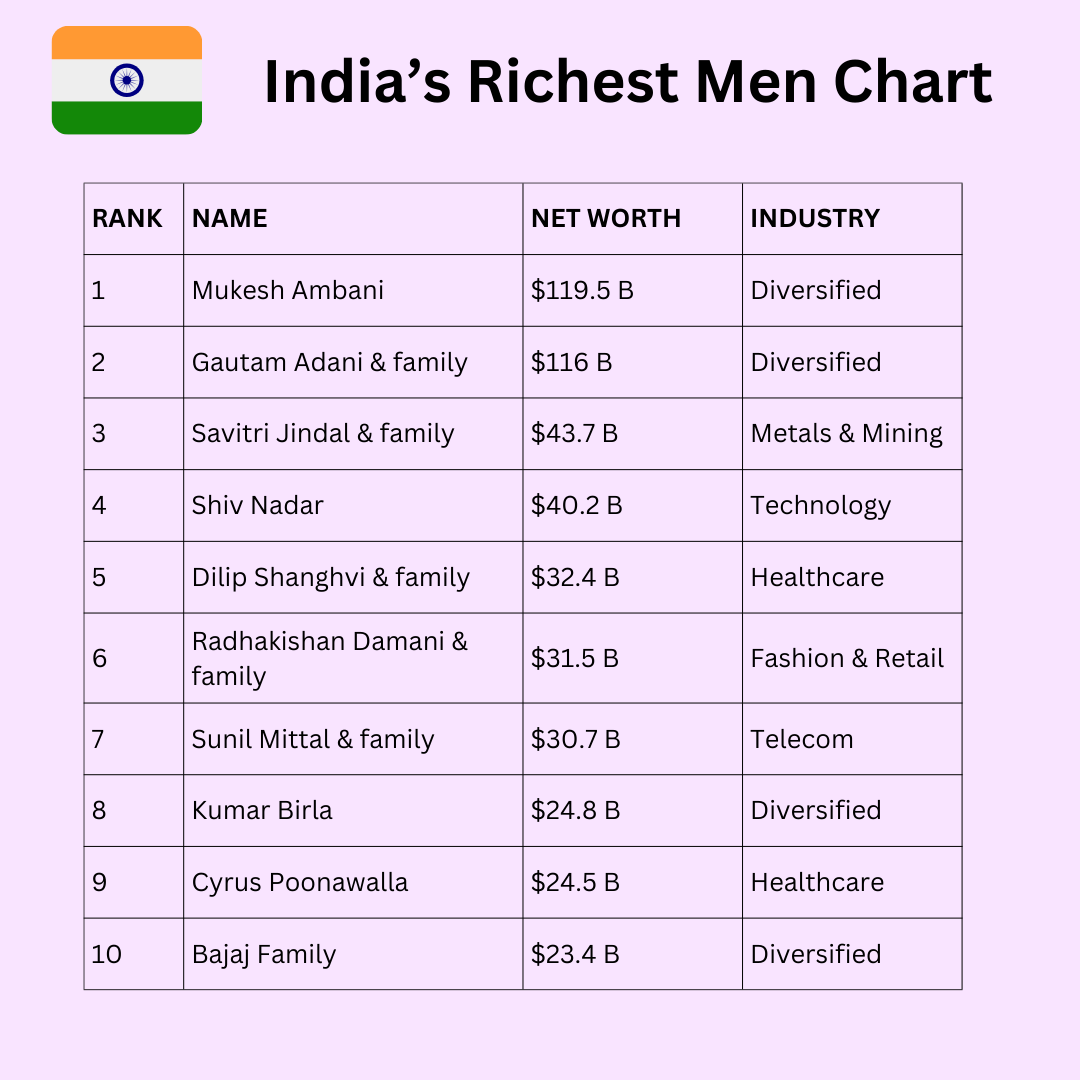
Oldest Companies in India
If you can make a business thrive and last, even for a little while, it will be nothing short of a miracle. It is already a difficult undertaking to start a firm. Amazingly, some of the oldest Indian companies are still going strong after all this time, despite all the challenges they've faced.
Wadia Group (1736)
In 1736, a Parsi merchant called Lovji Nusserwanjee Wadia founded the Wadia group, the oldest conglomerate in India. The British East India Company hired him to build ships and piers, and he succeeded. Ships like the HMS Minden and the HMS Trincomalee, which are still in use today and are revered as historical artifacts, are among the more than 300 warships that the company went on to build.
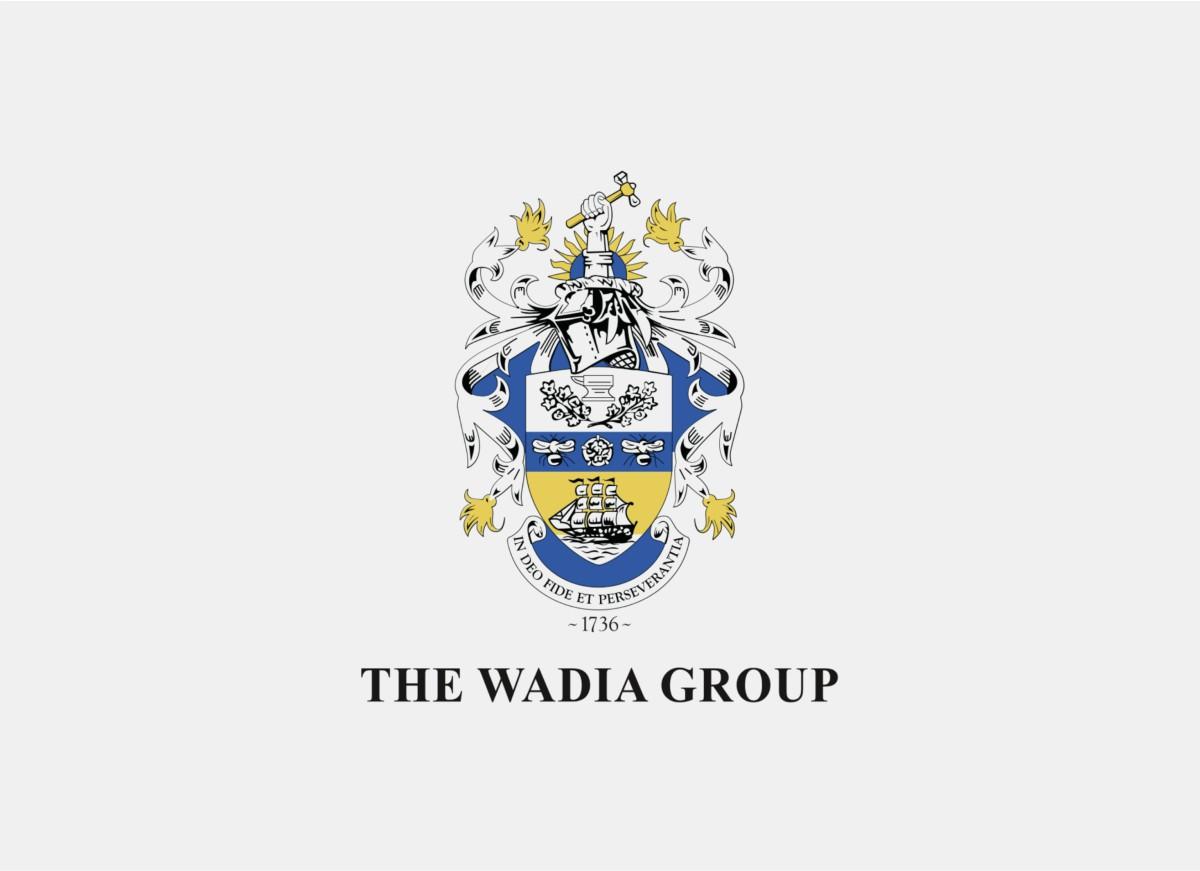
In addition, the Surat shipbreaking yard and the first dry dock in Asia, the Bombay dry dock, were both built by the Wadia company, which was headed by Lovji and his brother Sorabji. The fact that the British relied on Bombay as an important Asian port is also likely to have been their doing. In addition to this, the Bombay Dyeing Corporation, the crown jewel of the corporation's empire, was founded by the same entity in 1879. In its humble beginnings, the firm spun cotton yarn and dyed it in a process that involved dipping the yarn into solutions of red, green, and orange.
Eid-Parry Ltd (1788)
Thomas Parry, an English businessman, founded Eid-Parry Ltd. in 1788 under the name Parry & Co., which is different from many other companies. Its original purpose was to facilitate the trading of sugar and liquor. After sixty years in business, the firm had evolved into the country's leading sugar merchant. The company saw the need to separate its sugar and spirits operations, so it formed East India Distilleries and Sugar Factories Ltd. Furthermore, the company may have been the first to manufacture fertilizers in the areas of the Indian Subcontinent. The firms merged again in 1962 to form EID Parry; the Murugappa group subsequently acquired the merged entity.
State Bank of India – SBI (1806)
The SBI is both the oldest group and the original intent behind its establishment, which surprises many. The Bank of Calcutta was founded in 1806 with the principal objective of providing financial backing to British General Wellesley's military campaigns against the Marathas and Tipu Sultan, king of Mysore!
The Bank of Bengal name change took place in 1809. After a string of mergers with other Indian banks and a formal name change in 1955, the bank was rechristened the Imperial Bank of India by the Indian government. Ever since then, the State Bank of India has been the official name of the bank.
Among the select few Indian banks, the State Bank of India (SBI) can lay claim to having served notable figures such as Nobel laureate Rabindranath Tagore, renowned physicist Sir Jagadish Chandra Bose (a trailblazer in the study of radio and microwave optics), and India's first president, Rajendra Prasad. They were one of several who were taking part in this undertaking.
State Bank of India (SBI) is among the biggest banks in India right now, with a market value of 5,15,887 crores (Rs. Among the world's largest banks in 2020, SBI was ranked 43rd by Fortune 500. It was also ranked as the 221st biggest company.
Most Successful Startups in India
Governments must establish rules and regulations that support the growth of startups for them to prosper. One way that India is trying to set up such frameworks is through the Startup India initiative. This program lets IT companies sign up for tax benefits, better compliance, and faster processing of intellectual property rights (IPR). To support innovative startups in India, it offers a range of funding and mentorship initiatives.
CRED
Established in 2018, CRED is a platform that allows users to pay credit card bills while earning rewards. As a result of the platform's innovative paradigm, users can earn "CRED coins" by paying bills through the CRED app. Eventually, you'll be able to spend this money to join seminars, enter contests, and purchase goods. This Bangalore-based company offers a variety of services, including a credit and premium goods catalog. This startup believes that by providing rewards, it can motivate people to improve their financial habits.
Vernacular.ai
This SaaS company pioneered AI to become the world's leading platform for AI voice automation. Among the industries served by the firm's speech recognition and voice assistants include finance, the food and drink industry, and the hotel industry. Their services are designed to handle complicated challenges with minimal human participation. The firm raised $5.1 million in 2020 after being founded in 2016.
PharmEasy
An online pharmacy and health supply store in India, you can buy over-the-counter drugs, diagnostic tests, and medical equipment at PharmEasy. The fast-growing organization has been around since 2015, when it was first established in Mumbai, Maharashtra. At this drugstore, you can find any medical supplies sold online. Investors from PharmEasy also put money into Swiggy and Byju's. In the next twelve months, businessmen Dharmil Sheth and Dr. Dhaval Shah intend to reach more than one hundred thousand pharmacies in the developing markets of India.
Summarise with AI:

